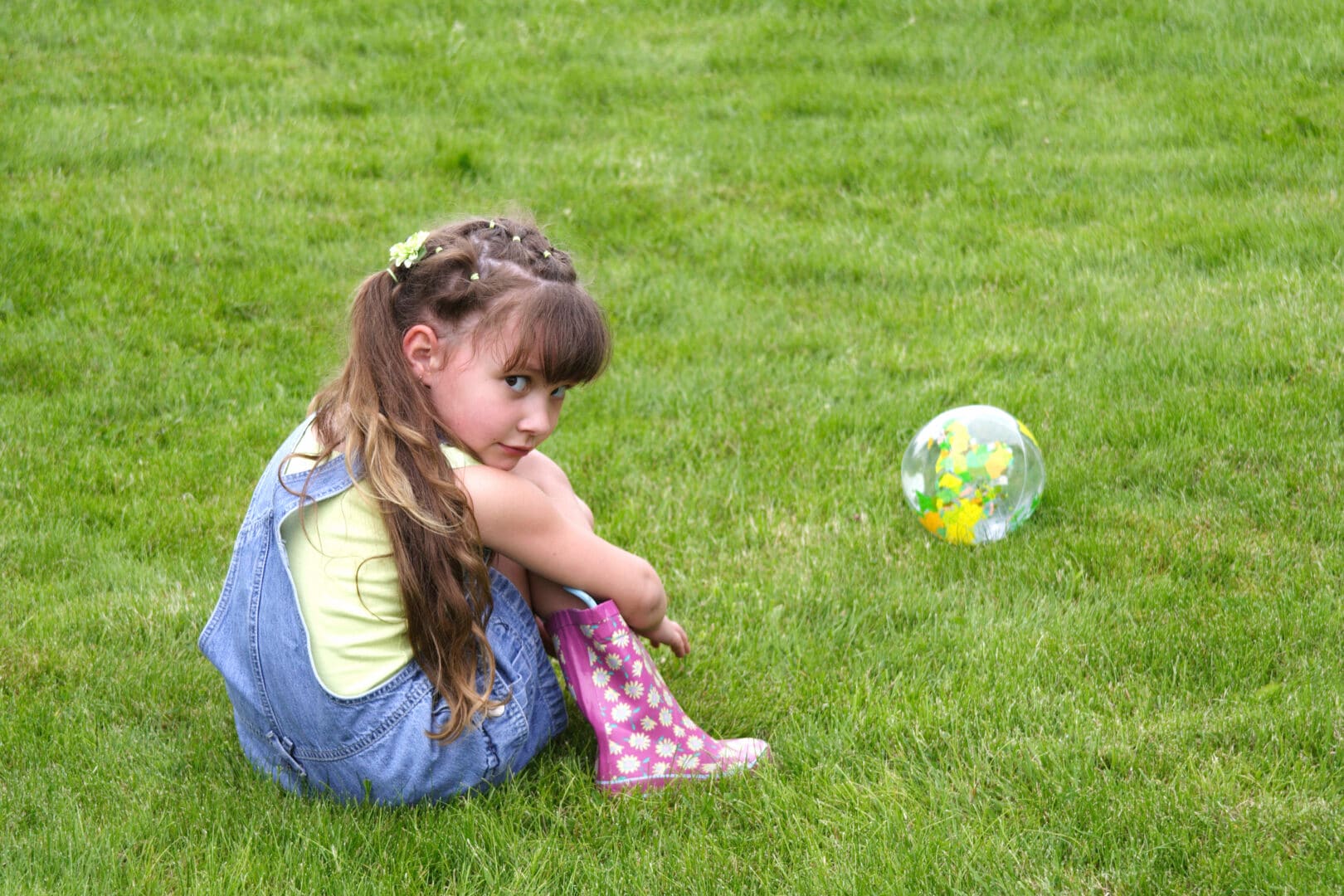Your child calls you a bad name and, as a result, you’re making them scrub the toilet. That’s an example of positive punishment — an effective discipline tool when used correctly. Positive punishment is the idea that something is added to the environment that would make the behaviour cease. This punishment method follows B. F. Skinner’s operant conditioning theory that you can change behaviours through consequences.
However, this tool doesn’t include spanking your child. Spanking hurts. It might stop bad behaviour temporarily, but there is no psychological research that says it’s an effective parenting tool.
So what are some examples for how and when you can use positive punishment effectively?
Your child is disrespectful to you
Your child wants a cookie before dinner. You say no. Your child argues and calls you a name. Put them in timeout, about one minute per year of your child’s age. If your child escalates the situation and hits you, it’s another immediate timeout. Timeouts should only be in accordance with a child’s age, lasting brief periods. Your child is now ready to be respectful to you.
Your child has a tantrum
Calmly tell them to stop. Wait about five seconds. Again tell them to stop. If that doesn’t work, wait another five seconds. If the tantrum continues, lead them to timeout. Do not lecture or try to talk with your child in this state. Just act. If the tantrum happens in a public place, such as a supermarket or restaurant, use the same method, but give the timeout in an out-of-the-way place like a corner of the supermarket or the bathroom of the restaurant. Resume your activity when the child has their behaviour back in check.
Your child was mean to a friend
For those behaviours, call your child out. Reprimand your child and explain why it’s bad to hurt people’s feelings. Do this in private. Never embarrass a child in front of others. The child will understand that you mean business and being mean is not acceptable and ideally will gain some empathy for the other child.
You told your child to clean their room and they didn’t
You have guests due and your child didn’t clean their room by 17:00 as asked. You clean the room for them, but you tell them that you charge for cleaning. Charge them a fee that they must pay from their weekly allowance. Next time they’ll remember to clean their room.
Your children are throwing a ball around in the house, which is against your rules
Have them do a chore instead — perhaps some weeding outside. Then they can continue to throw the ball outside after the weeds are pulled. They are using their energy in a positive way by pulling the weeds.
Your child stole sweets from a shop
After you go with your child to return the sweets (or to apologise and repay if they’ve already eaten it), depending on their age, have them write a paragraph about why stealing is wrong and why they should never steal again. Having to write this essay will make the lesson stick. You don’t have to do anything with the essay after you read it together — you can keep it, or you can let your child keep it. It’s the process of writing it that is important.
Your child lied to you about doing homework
Instead of trying to catch your child in a lie by perhaps asking them what them teacher thought of them homework assignment, let them know that you found out that she didn’t do them homework. Tell them she needs to go to bed 15 minutes early tonight. That way there is a direct consequence to the negative behaviour (the lying).
Your children are bickering
You tell them to play nicely. If they ignore you and continue to bicker, separate them. They can play with a toy, but they can no longer play together. This alleviates or diffuses the bickering.
Your child keeps getting out of bed
Take them back to bed as many times as it takes. Your child will learn that night time is for sleeping and that you are serious about enforcing bedtime.
Remember to use positive punishment right away and in a matter-of-fact way. Whatever method you choose should be specific, immediate and make sense for the behaviour. And ensure that you share your approaches with your childcare.
Positive Punishment to Change Children’s Behaviour
